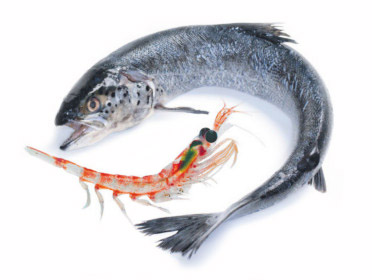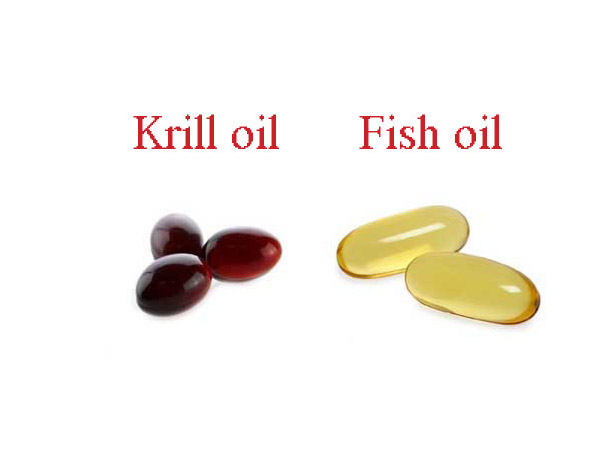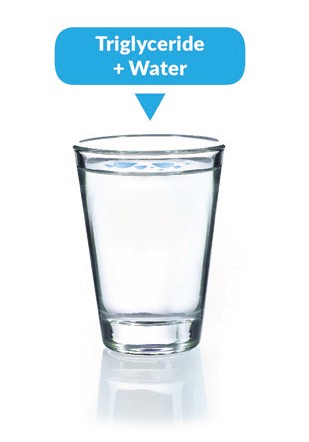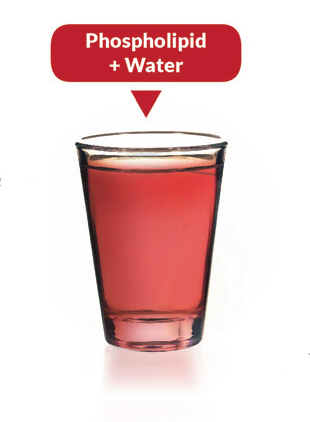Krill oil is more effective than fish oil

Better transfer of EPA and DHA into cells
The difference in chemical structure of omega-3 fatty acids in either krill oil phospholipid or fish oil triglyceride form may be important, since EPA and DHA from phospholipids are more effectively incorporated into cells and tissues than EPA and DHA from triglycerides.

More effective
The results of the studies confirmed that smaller doses of krill oil phospholipid omega-3s were as effective as higher doses of traditional marine-oil based omega-3 products


Protection against fatty acids oxidation
Krillan™ krill oil has two great advantages over the traditional fish oil based omega-3 products: the high contents of omega-3-phospholipids and the naturally occurring antioxidant astaxanthin.
Scientific studies have shown that omega-3 fatty acids linked to the phospholipids are far less prone to oxidations than omega-3 fatty acids in traditional tri-glyceride form. The powerful antioxidant astaxanthin will give an additional protection to the omega-3 fatty acids and prolong product shelf life.

Free from contaminants
Krill oil came from small crustaceans, sustainable resource. Krill oil from the pristine antarctic waters is free from contaminents, heavy metals, etc. Krill oil is sproduct of ECO harvesting.

Better digestion
Omega-3 from Krill oil are water dispersible, quicker digested and better used by body, while fish omega-3 do not mix with water and need longer digestive steps before it can be absorbed.


Small capsules, no fishy aftertaste
According to consumer survey there are wide differences between the user experience with fish oil and krill oil. Nearly 40% of the consumers interested in health and wellness indicated that while they would like to take omega-3s, they would prefer something other than fish oil. When asked why, most respondents cited bad taste, bad aftertaste, fishy burps, bad smell, and large capsule size as the reasons. So for consumers who want to increase omega-3 fatty acids in their diet but do not tolerate fish oil well, krill oil is an ideal a alternative.

• Does not mix with water
• Fat droplets on water surface
• Omega-3 fatty acids must be homogenized with water by emulsifiers in the intestine before it can be absorbed

• Mixes directly with water
• Homogeneous and stable suspension in water
• Forms small fat micelles in water
•

